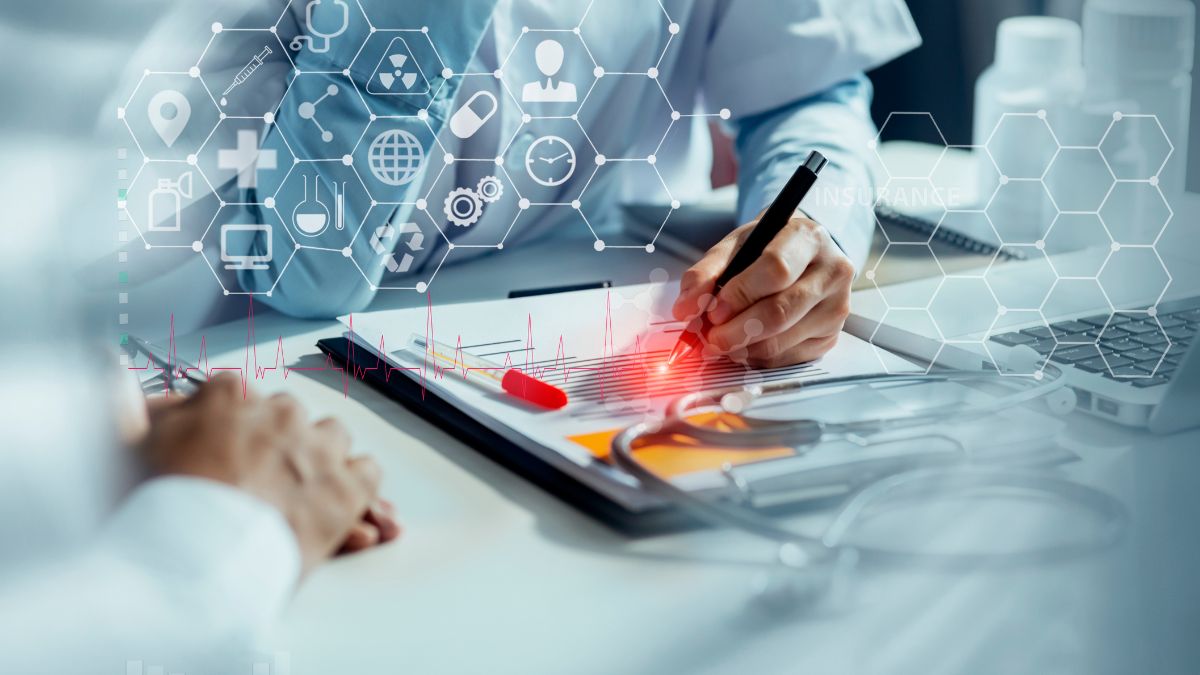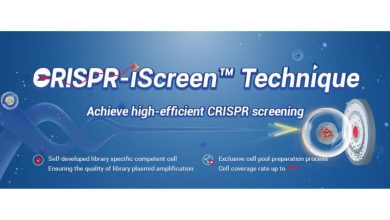From Stethoscopes to Smart Systems: AI’s Role in Modern Healthcare

For centuries, the stethoscope has been a symbol of medicine, a simple yet powerful tool allowing doctors to listen to the inner workings of the human body. Today, while the stethoscope remains vital, a new and incredibly powerful tool has entered the clinical landscape: Artificial Intelligence (AI). This is not a futuristic concept from science fiction; it’s a present-day reality that is fundamentally reshaping modern healthcare. From diagnosing diseases with superhuman accuracy to personalizing treatments down to the individual, AI is transitioning from a promising technology into an indispensable partner in patient care.
The AI Co-Pilot: Augmenting, Not Replacing, Human Expertise
The role of AI in healthcare is not to replace the invaluable empathy, intuition, and critical judgment of doctors and nurses. Instead, AI acts as a powerful co-pilot, augmenting human expertise by processing vast amounts of complex medical data at a speed and scale that is simply beyond human capability. This partnership allows clinicians to make more informed decisions, detect problems earlier, and dedicate more of their precious time to direct patient interaction.
This new era of medicine requires a new breed of professionals who are fluent in both clinical practice and data science. Recognizing this growing need, many leading institutions now offer a specialized AI in healthcare course, designed to equip medical professionals, researchers, and technologists with the interdisciplinary skills to develop, validate, and implement these life-saving innovations.
Key Ways AI is Transforming Healthcare Today:
- Revolutionizing Medical Diagnostics:
- AI algorithms, particularly deep learning models, are exceptionally skilled at analyzing medical images. They can scan X-rays, MRIs, and CT scans to identify subtle signs of cancer, stroke, or neurological disorders, often with a level of accuracy that matches or even exceeds that of human radiologists. This helps prioritize urgent cases and enables earlier, more effective treatment.
- Accelerating Drug Discovery and Development:
- The journey from identifying a potential new drug to bringing it to market is traditionally long, arduous, and incredibly expensive. AI is changing that. By analyzing complex biological data, AI can identify promising drug candidates, predict their potential efficacy, and even design new molecules, dramatically shortening the research and development timeline.
- Enabling Truly Personalized Medicine:
- The one-size-fits-all approach to treatment is becoming a thing of the past. AI can analyze a patient’s unique genetic makeup, lifestyle, and medical history to predict which treatment protocols will be most effective for them. This personalization maximizes positive outcomes while minimizing adverse side effects.
- Streamlining Hospital Operations and Administrative Tasks:
- A significant portion of a clinician’s day is spent on administrative work. AI is automating tasks like managing medical records, scheduling appointments, and processing insurance claims. This operational efficiency reduces costs, minimizes physician burnout, and allows healthcare providers to focus on what matters most: their patients.
- Powering Predictive Health and Wearable Technology:
- Wearable devices, from smartwatches to continuous glucose monitors, generate a constant stream of health data. AI algorithms can analyze this data to detect early warning signs of conditions like atrial fibrillation or diabetes, enabling proactive interventions before a health issue becomes critical.
The Ethical and Educational Imperative
As with any powerful technology, the integration of AI into healthcare comes with significant ethical responsibilities. Ensuring patient data privacy, mitigating algorithmic bias, and maintaining transparency in how AI models make decisions are paramount. This underscores the importance of robust education and training.
For those looking to lead and innovate responsibly in this field, exploring various artificial intelligence in healthcare courses is a crucial step. These programs go beyond the technical aspects of building models; they delve into the critical ethical, regulatory, and implementation challenges, preparing graduates to deploy AI solutions that are not only effective but also fair, transparent, and trustworthy.
Conclusion: A Healthier Future, Together
The journey from stethoscopes to smart systems marks a monumental leap in the evolution of medicine. Artificial Intelligence is not just a new tool; it’s a catalyst for a more predictive, personalized, and participatory model of healthcare. By empowering clinicians with data-driven insights and automating routine tasks, AI is helping to create a future where diseases are managed more proactively, treatments are tailored to the individual, and healthcare professionals can dedicate their focus to the deeply human side of healing. This powerful human-AI collaboration is the key to building a healthier, more intelligent future for all.



